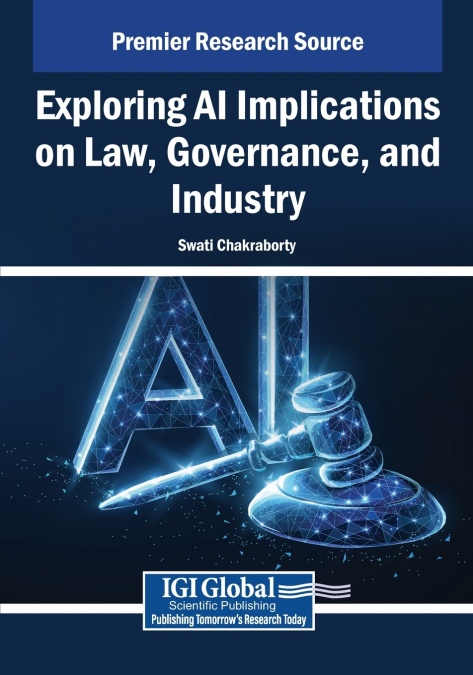
Swati Chakraborty
The evolution of artificial intelligence (AI) reshapes modern society, presenting complex challenges and opportunities across law, governance, and industry. As AI systems are integrated into decision-making processes, they challenge traditional frameworks of accountability, fairness, and transparency. In law, questions about liability, privacy, and human rights take on new meanings as AI technologies are used to automate legal analysis, predict outcomes, and assist in judicial decision-making. In governance, AI has the potential to enhance public administration through efficient systems, and raises concerns about surveillance, bias, and the erosion of civil liberties. Industries are witnessing transformative shifts as AI drives innovation, optimizes operations, and redefines workforce dynamics, introducing new ethical dilemmas and regulatory gaps. As these technologies advance, it is essential to understand their broader societal impacts and develop frameworks that ensure they are harnessed in beneficial ways. Exploring AI Implications on Law, Governance, and Industry examines the integration of intelligent technologies into business and government sectors. It offers solutions to address challenges in ethics, social justice, and civil rights. This book covers topics such as business strategy, environmental science, and digital technology, and is a useful resource for computer engineers, policymakers, business owners, academicians, researchers, and scientists.